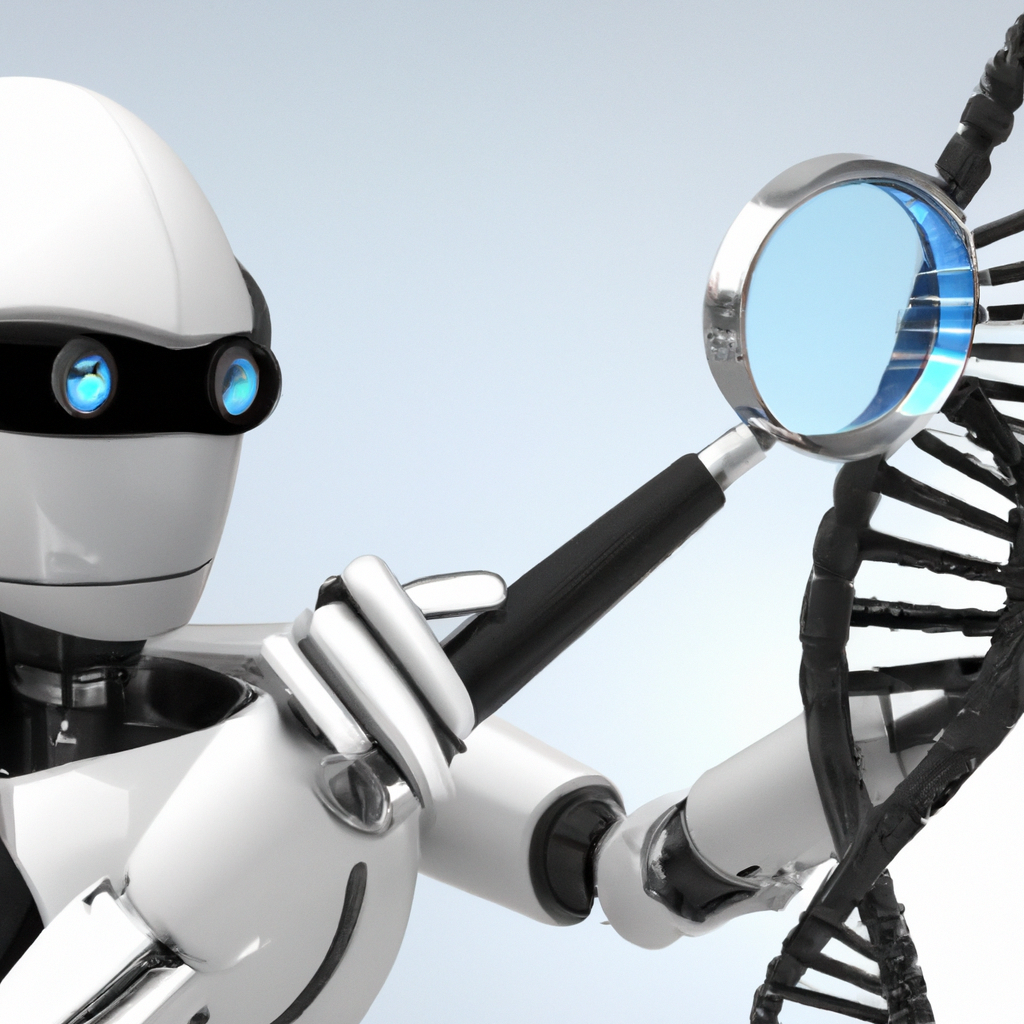
The Next Wave: How AI Is Disrupting Healthcare
The intersection of artificial intelligence (AI) and healthcare has been described as a marriage of necessity and opportunity. With the global healthcare industry grappling with escalating costs, aging populations, and the rise of chronic diseases, the need for innovative and efficient solutions has never been greater. Enter AI – a technology that can learn, reason, adapt, and perform tasks that traditionally require human intelligence.
AI, with its potential to revolutionize the healthcare sector, is propelling the industry into a new era of innovation and progress. From predictive analytics and precision medicine to patient engagement and healthcare management, AI is disrupting every facet of the healthcare ecosystem. This disruption, as is often the case with technological advancements, is both exciting and challenging.
AI and Predictive Analytics: The Future of Diagnosis and Treatment
One of the most significant impacts of AI in healthcare is in the realm of predictive analytics. With the ability to analyze and interpret vast amounts of data, AI can predict disease patterns, identify high-risk patient groups, and inform treatment protocols.
-
Predictive Disease Modeling: AI algorithms can analyze patient data to identify patterns and predict disease progression. This can help in early diagnosis and intervention, significantly improving patient outcomes.
-
Risk Stratification: By analyzing data from various sources, AI can identify patients at high risk of developing specific diseases. This allows healthcare providers to implement preventative measures, reducing the risk of disease onset.
-
Treatment Personalization: AI can also aid in personalizing treatment plans based on the individual patient's disease profile and response to previous treatments. This can improve treatment efficacy and reduce side effects.
AI and Precision Medicine: Tailoring Treatment to the Individual
Precision medicine, the customization of healthcare to an individual's genetic makeup, lifestyle, and environment, is another area where AI is making significant strides. By analyzing genomic data, AI can identify genetic mutations, predict disease susceptibility, and inform drug development.
-
Genomic Data Analysis: AI algorithms can analyze genomic data to identify genetic mutations responsible for diseases. This can inform targeted drug development and therapy selection.
-
Pharmacogenomics: Pharmacogenomics is the study of how genes affect a person's response to drugs. AI can analyze a patient's genomic data to predict their response to specific drugs, informing personalized treatment plans.
-
Disease Susceptibility Prediction: By analyzing genomic and environmental data, AI can predict an individual's susceptibility to specific diseases. This can inform preventative measures and early intervention strategies.
AI and Patient Engagement: Transforming the Patient Experience
AI is also transforming the way patients engage with their healthcare. From virtual health assistants to AI-powered mobile apps, AI is making healthcare more accessible, personalized, and convenient.
-
Virtual Health Assistants: AI-powered virtual health assistants can provide health information, remind patients to take their medication, and schedule appointments. This can improve adherence to treatment plans and enhance the overall patient experience.
-
AI-Powered Mobile Apps: AI-powered mobile health apps can monitor health metrics, provide personalized health tips, and connect patients with healthcare professionals. This can empower patients to take control of their health and improve health outcomes.
-
Telemedicine: AI can also support telemedicine by enabling remote patient monitoring and virtual consultations. This not only makes healthcare more accessible but also reduces the burden on healthcare facilities.
AI and Healthcare Management: Streamlining Operations
AI is not only transforming patient care but also healthcare management. By automating administrative tasks, improving resource allocation, and optimizing workflows, AI can enhance efficiency and reduce costs.
-
Administrative Automation: AI can automate administrative tasks such as patient scheduling, billing, and claims processing. This can reduce administrative burden, increase efficiency, and lower costs.
-
Resource Optimization: AI algorithms can analyze data to optimize resource allocation, from staff scheduling to equipment usage. This can improve operational efficiency and patient care.
-
Workflow Optimization: By analyzing workflow data, AI can identify bottlenecks and inefficiencies, informing workflow optimization. This can enhance productivity and patient care.
Challenges and Considerations
While the potential of AI in healthcare is immense, it also brings challenges and considerations. These include issues around data privacy and security, the need for robust and transparent AI algorithms, and the importance of integrating AI into clinical practice in a way that complements, rather than replaces, human expertise.
The successful integration of AI into healthcare will require ongoing collaboration between technologists, healthcare professionals, regulators, and patients. It will also require a commitment to addressing these challenges and considerations, to ensure that the benefits of AI are realized in a way that is ethical, equitable, and patient-centered.
Conclusion
The intersection of AI and healthcare is transforming the way we diagnose and treat diseases, engage with patients, and manage healthcare. While the journey is not without its challenges, the potential benefits – improved patient outcomes, enhanced patient experience, and reduced healthcare costs – are too significant to ignore.
AI is indeed the next wave in healthcare, promising a future where healthcare is not only more efficient and effective, but also more personalized and patient-centered. As we navigate this new era of healthcare, it is incumbent upon us to harness the power of AI responsibly, ensuring that it serves the best interests of patients and healthcare at large. The future of healthcare is here, and it's powered by artificial intelligence.